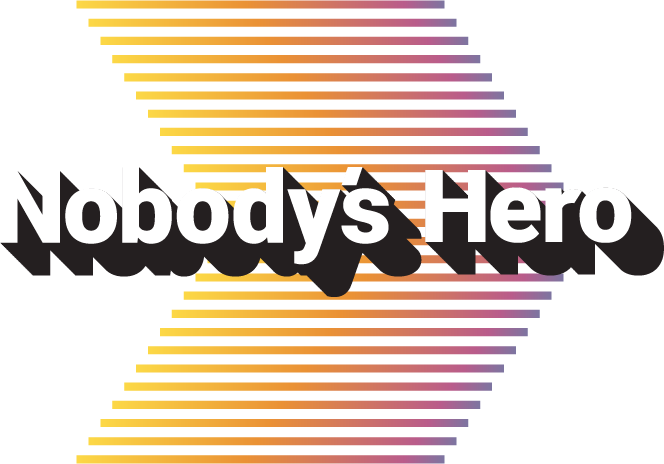'Farm Dreams': Indy Officinalis Takes on Foraging, Farming, and Reclaiming Black Agricultural Heritage
Officinalis discusses her new Nat Geo Wild & Hulu show, which challenges preconceptions, revives farming practices, and hopes it inspires African Americans to reconnect with their agricultural roots.
Indy Officinalis is used to the jokes and occasional mockery. As a Black woman who loves foraging– looking for herbs, fruits, flowers, and, her favorite, mushrooms –– in forests and other natural environments, she has heard cracks from other Black people that she is a bit different.
“I do think it's funny,” she says via Zoom from her crib in Leimert Park, the historic Black neighborhood immortalized on "Moesha." “I get it. And I understand it; I was accused of doing ‘white people things.’ What's so vibrant about our community is that we joke about everything; we even turn tragedy into a joke.”
Yet as a Black farmer who grew up growing food and looking to the Earth for nourishment, Officinalis wants Black people to understand that, as unorthodox as foraging might seem, the practice is deeply rooted in African American (and Indigenous) tradition––a way of life practiced by our forefathers generations before we turned to drive-throughs and corporate grocery chains for sustenance. “In the same way we reclaim words, we reclaim cultures and styles and religion,” she says, “it's really important to focus on the ways we're reclaiming agriculture, and our relationship to food.”
Farming and foraging are radical acts, she says, and this philosophy is illustrated in real-time on her new show Farm Dreams, a six-part series airing on Nat Geo Wild. In the show, Officinalis travels to small farms and land plots, helping aspiring farmers maximize their space and resources. She connects them with experts and guides harvesters and viewers through re-connecting with the bounty beneath our feet. “We've spent so much time and so much energy moving away from that, I think it's radical in that we're reclaiming this idea that Black people are for the land.”
From the broken promises of ‘40 acres and a mule’ to persistent underfunding and neglect today, Black farmers have long faced hurdles and challenges their white counterparts haven’t. And with so many Black Americans still living in food deserts with a lack of fresh produce, which contributes to a diet of fried and/or processed food, Officinalis’ passion for farming is as much a source of joy as it is a form of activism. Farm Dreams is hardly a manifesto; it’s a breezy, fun, and educational exploration of nature and the miraculous, healing gifts nature provides that we often overlook. A good deal of the people Officinalis interacts with and consults are white and she says that, when she showed up to film, race never became an issue––although it has in the past.
“During the filming of the show, everybody was incredibly kind and courteous,” she says. But there have been times when she felt tension. “Sometimes when I share some of the stories of the origin of different plants and how they came to the Americas, specifically rice, or just talking about the ways in which Back culture has contributed to our agricultural scene, it becomes uncomfy. I see people kind of squirm. They're like, ‘Oh, we don't want to talk about that.’ But that is a huge part of my lineage and part of my history, just recognizing and realizing, and being proud of how much Black folks have risen beyond what we were given.”
After major strides in education, access, and income, many Black Americans have largely abandoned old-school traditions even if many -- especially those with links to the South -- can remember grandparents growing fruits and vegetables in the yard. Ironically, part of the shift away from that way of life is, Officinalis says, linked to racial biases Black people worked hard to overcome. “As Black people, we had to be 10 times better than everyone. And a lot of that goes into appearing clean, and having clean shoes. I love that sneaker culture, and shoe culture is a huge part of Black culture, but that goes back to how radical this is, challenging people to put your feet in the soil, and get your hands dirty.”
Farm Dreams shows Officinalis connecting with the Earth, with tradition, and hopefully connecting with other Black viewers who can possibly rethink their relationship with food, where food comes from, and, most importantly, their own roots. “This,” says Officinalis, “is the work of our ancestors.”
Farm Dreams premiered on 7/29 at 10p on Nat Geo Wild and will air weekly on Saturdays. The entire series will also be available on Disney+ and Hulu starting on 8/2.

